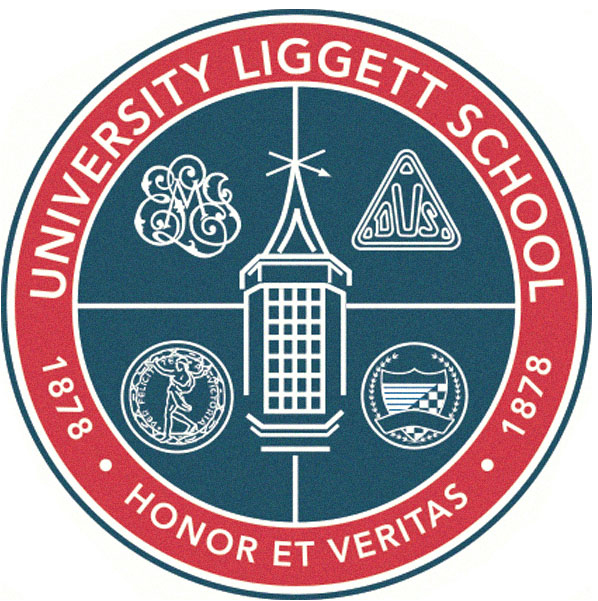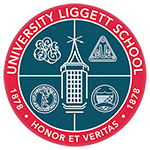
UNIVERSITY LIGGETT SCHOOL \ MEET OUR ALUMNI
\ MEET OUR ALUMNI
Meet Our Alumni
We have an amazing community of alumni, famous and anonymous, who are actively shaping the world — globally or locally, publicly or quietly.
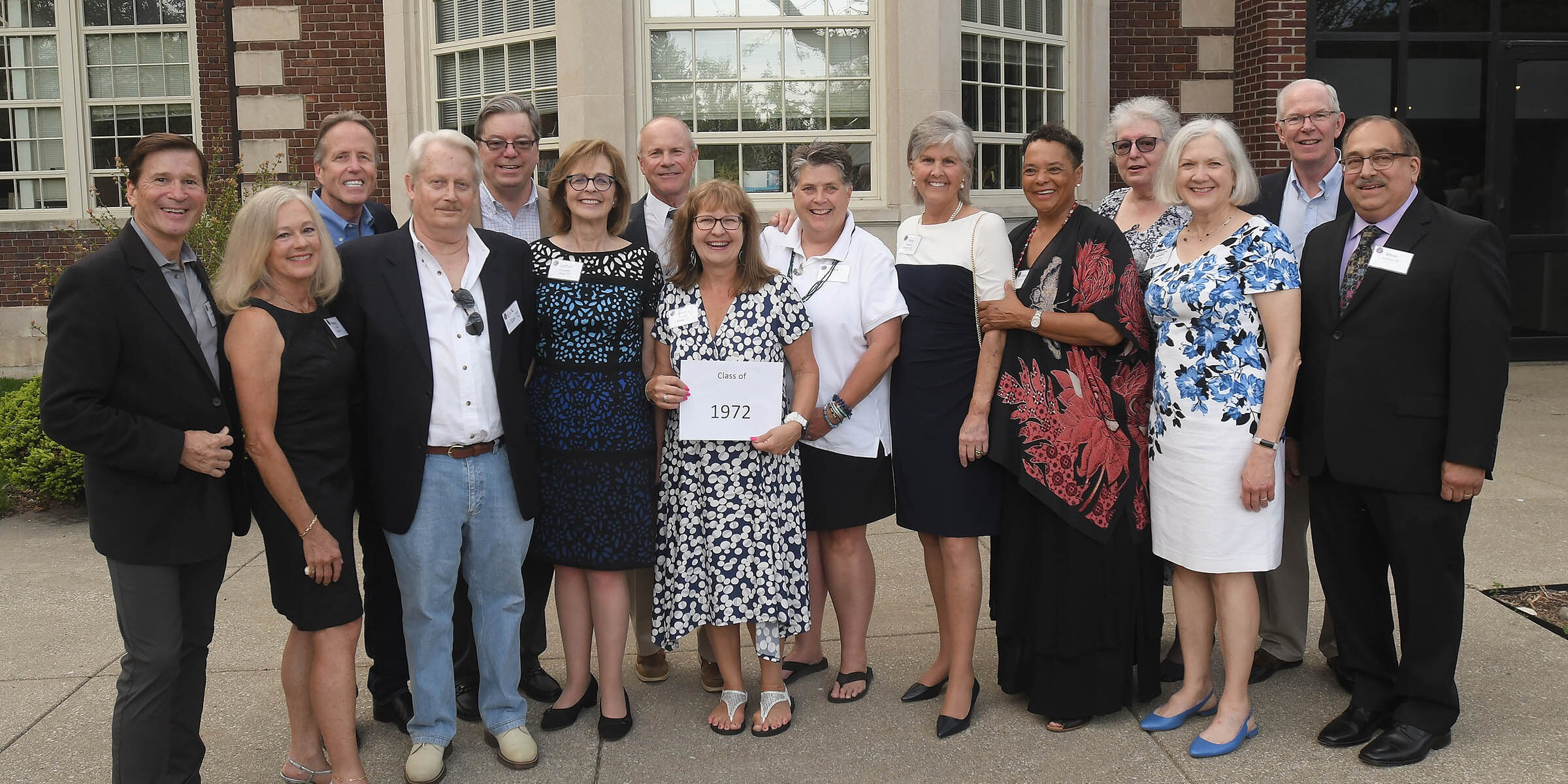
We invite you to meet some of our alumni by exploring the stories below. Check back often to see what new stories we will be sharing.
Our Alumni
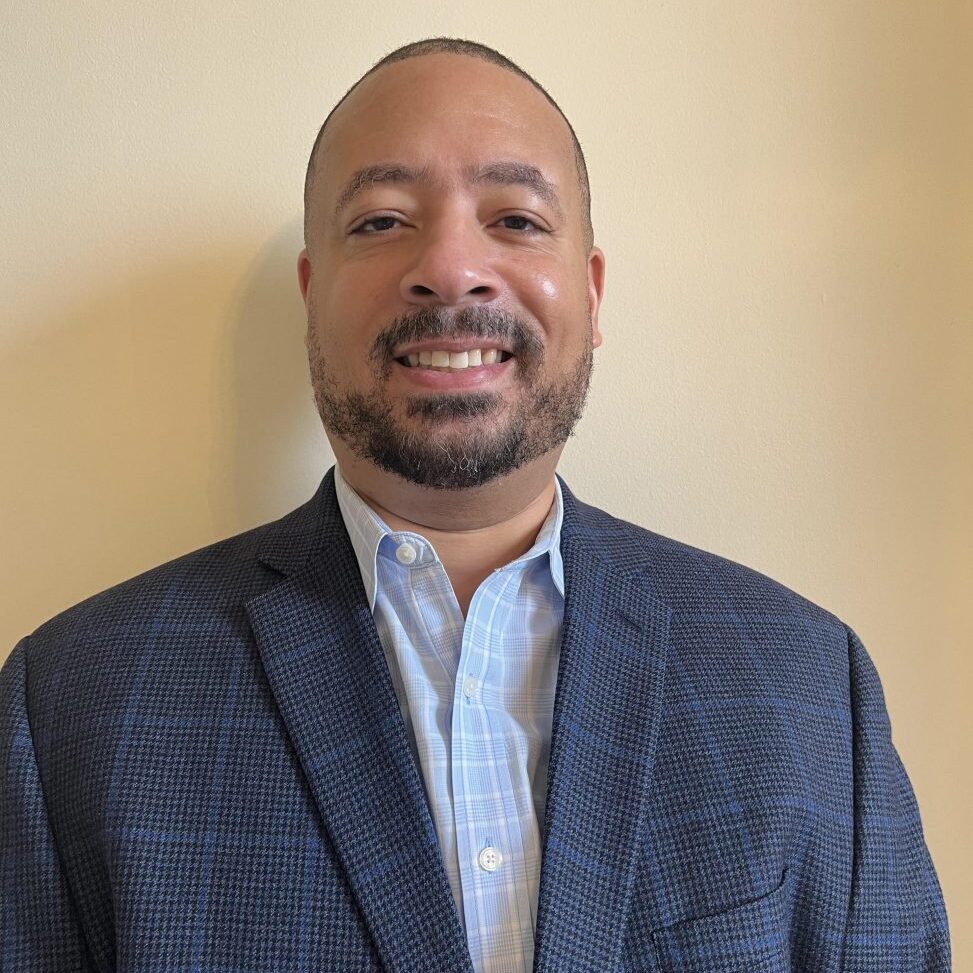
Ed Merriman
Class of 1991
Co-Founder and Managing Partner
at Transcend Growth Ventures
Ed Merriman '91 is the co-founder and managing partner at Transcend Growth Ventures, a privately held craft cannabis company based in Michigan. Prior to that, he was a Principal and member of the Board of Transcend Digital Consulting Group. At Transcend, he served as the chief executive officer and consulting many fortune 100 CEOs and Executives on effective digital marketing solutions and global campaigns. Merriman was a co-founder of Inflexion Communications and a former executive director at Salesforce.com one of the largest technology companies in the world.
In addition to his successful accomplishments in global technology and cannabis, Ed is an avid supporter of special needs education, especially in the City of Detroit. He served for a number of years on the board of The Children’s Center, which is a nonprofit focused on working with children who struggle with behavioral, emotional, educational, intellectual and developmental challenges or may have experienced trauma.
Merriman received a B.A. in Economics from the University of Michigan.
Class of 1991
Co-Founder and Managing Partner at Transcend Growth Ventures
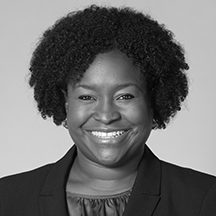
Dana Roach Thompson
Class of 1990
Clinical Professor at UofM
Dana Roach Thompson ’90 chose to attend ULS because she wanted a school that would best prepare for her future career.
“I knew that I wanted to be a lawyer, so I needed a high school that would challenge me intellectually and prepare me for the rigors of a top-tier law school,” Dana remembered.
After graduating, Dana received her undergraduate degree in political science and French from Bryn Mawr College. She then attended the University of Michigan Law School where she developed a passion for practicing law in the area of community economic development.
After graduating from U-M in 1999, Dana started her career practicing commercial real estate law at a large, global firm but soon felt drawn back to her law school passion. She returned to Michigan in 2005 as a professor at U-M’s Urban Communities Clinic.
“I had never really thought of teaching as a profession for me,” explained Dana. "After I took the role as a law professor at the Urban Communities Clinic, I realized that teaching was a fulfilling role for me.”
Dana has continued to teach, both at U-M and Wayne State University. She is currently a clinical professor at the University of Michigan Law School, where she serves as the Director of the Transactional Law Clinics Program. In this role, she teaches second and third-year law students how to be engaged and impactful transactional community lawyers and how transactional lawyers play a role in social, economic, and racial justice.
She is also co-director of U-M’s Zell Entrepreneurship Clinic and is completing an eight-year term as a member of the Wayne State University Board of Governors.
Clinical Professor at UofM
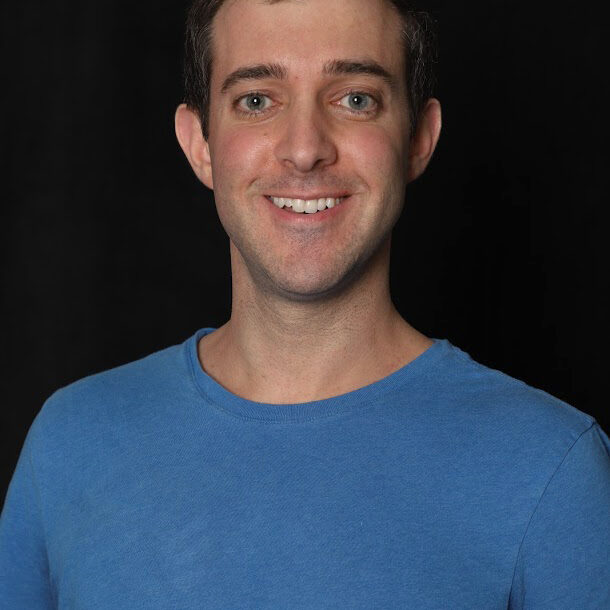
Jordan Rossen
Class of 2003
High School Teacher
When he left ULS, Jordan Rossen ’03 headed to the University of Michigan where he double majored in philosophy and honors English.
He then attended U-M’s Law School, graduating cum laude in 2014.
Although he began practicing law, Jordan felt he belonged in a different career.
“I knew I wanted to be a teacher, even while I was in law school,” said Jordan. “I first taught as part of my MFA program in creative writing at the University of Montana.
Jordan made the transition to teaching in 2015 and is currently an Upper School English teacher at Cranbrook.
He credits many of his ULS teachers for igniting a love for learning and writing that has helped him make his way back into the classroom.
“I really loved my time at ULS, and always felt there was a good rapport between teachers and students,” said Jordan “The teachers were clearly invested in teaching what they knew, and they made it easy to be interested in
learning.”
Jordan remembers really enjoying his classes with Leslie Jeffs and Carol Douglas, but it was a class with David Thompson that stands out in his memory.
“It was my first creative writing class with Mr. Thompson that really started my love for writing,” Jordan explained. “I remember submitting a poem, and I fully expected I would fail the assignment. When he gave it back to me, Mr. Thompson said it had potential. I realized then how much you could do with creative writing — things that you can’t do anywhere else.”
Class of 2003
High School Teacher

J.J. L’Heureux ’64 LIG
Artist, J.J. L’Heureux Inc.
For more than 25 years, J.J. L’Heureux has been making art. As an artist and photographer living and working in Venice, CA, she has built her artistic visions from her travels and life experience with influences from California to Italy to Antarctica.
J.J. had no special interest in art while growing up and attending The Liggett School. It was only when she was diagnosed with rheumatoid arthritis and became immobilized that she spent time pouring over art books.
She moved to New York City to find a cure and rented the house of a famous artist while being cared for by an arthritis specialist. The artist had an expansive library and loaned J.J. his museum membership cards. While visiting the Museum of Modern Art and many other art institutions during her convalescence, she decided to make art her career.
J.J. moved to San Francisco and enrolled in the San Francisco Art Institute. As her art progressed, successful art exhibits followed which allowed her to pursue another passion —animals in their natural environments. She traveled to Africa, South America, Galapagos Islands, Antarctica and throughout North America to study, paint and photograph regional animals.
Through her journeys, J.J. became an accomplished, well-regarded abstract painter. Her Antarctica photographs were taken on six expeditions to Antarctica over a five-year period. She photographed the white-on-white landscape and the area’s unique wildlife. She also spent time in the Falkland Islands. J.J.’s photography book on penguins, “Good Day Book: Everyday is a Good Day”, was published in 2006.
J.J. says “Liggett fostered quality, independence, creativity and individuality in its educational process. The headmistress set clear standards of excellence, morality, high ethics and fairness for the student body and she enforced these qualities equally for all. Our classes were very small in the numbers of students at any given time and this resulted in personal attention and guidance to most questions or confusions. Because the system was transparent and open I felt no fear, other than disappointing someone in my response to the educational process. No fear and an open inquiry into whatever we did were critical to success at Liggett. This proved to be excellent guidelines in an entrepreneurial sense. There were numerous rewards and recognitions for our performance and my fellow students and I responded positively. In part as a result of my attendance at Liggett, I developed a “can do” spirit regardless of whatever task I elect to undertake.”
Class of 1964 LIG
Artist

Antonio Cipriano
Class of 2018
Actor
While at University Liggett School, Antonio Cipriano ‘18 was active with the Liggett Players - performing in Orphan Train, Young Frankenstein, the 25th Annual Putman County Spelling Bee and She Loves Me.
Cipriano spent the second half of his senior year at University Liggett School in Massachusetts as a cast member of Alanis Morissette’s musical “Jagged Little Pill.” The show, which will make its Broadway debut in the fall, had a 10-week run last spring and summer at the American Repertory Theater in Cambridge, MA. Cipriano played Phoenix and performed in the ensemble in the production.
He was most recently cast as a series regular in DisneyPlus' New Original Series National Treasure, set to be released in 2022. Regional Theatre credits include American Repertory Theater, La Jolla Playhouse, York Theatre Company, Second Stage Theatre, New York Stage and Film, and Michigan Opera Theatre.
He won the 2017 Sutton Foster Ovation Award for Best Actor and was a finalist in the 2017 NHSMTA- Jimmy Awards. He has performed in multiple concerts at Feinstein’s 54 Below, including multiple solo shows. TV credits include CBS’s God Friended Me, HBO Max’s Sex Lives of College Girls and Showtime's City on a Hill.
Class of 2018
Actor
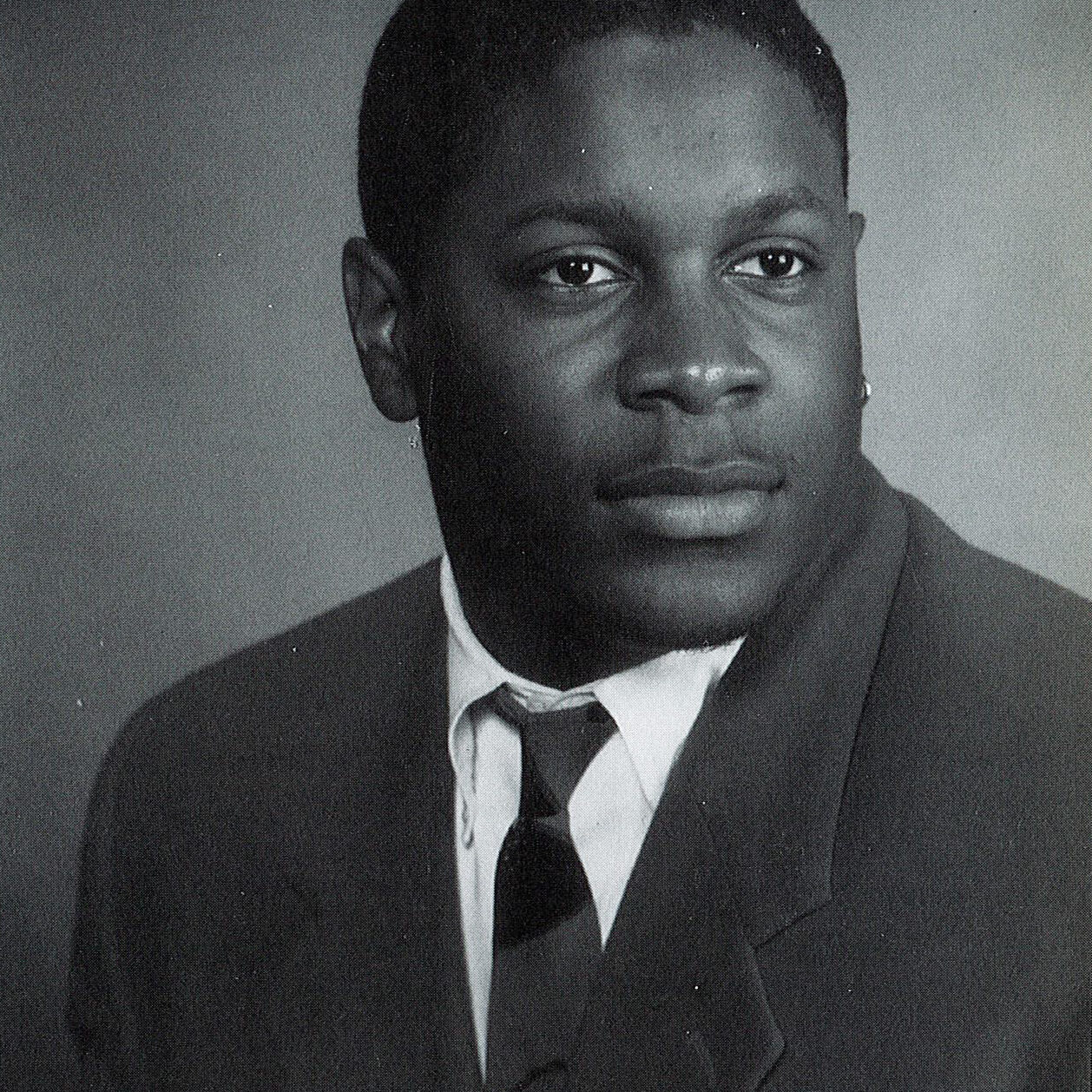
Jason Cooper
Class of 1998
Finance
Jason Cooper ’98 has two key pieces of advice for students at University Liggett School. These kernels of wisdom are based on lessons he learned from his mother, his years at ULS, and his personal and professional experiences.
No. 1 is to be a good person.
No. 2 is to build relationships through mutual respect.
Cooper stresses the two go hand-in-hand.
“If you’re a good person, you maintain good relationships that will always continue to shine through,” he said.
Early in his career, Cooper learned the value of relationships under less-than-ideal circumstances. He had recently graduated from college and was working as a substitute teacher in Detroit when the principal called him into his office. Several teachers had complained about his work ethic, the principal told him.
“I was shocked because I’ve never had any sort of complaint against me,” Cooper said.
It turned out the culprit was another substitute teacher who acknowledged the mix-up and assumed responsibility.
Later, the teachers who had lodged the complaint apologized to Cooper for judging him incorrectly. He assured them there were no hard feelings. One of them said she wanted to introduce him to her husband, who ran a logistics company in Novi.
“I’ve put in a good word for you,” she said.
Cooper interviewed for the job and was hired. Not only did he gain valuable work experience and build new relationships as a result, but the opportunity propelled him to attend law school.
This experience stuck with Cooper as an example of the power of building and maintaining good relationships. He has taken this lesson with him to Abbot Downing in Chicago, where he serves as a relationship manager to tailor solutions to address the unique needs of ultra-high-net-worth clientele.
There are times, Cooper said, when he pitches to a prospective client and doesn’t get the work.
“They might not give us their business, but we know that things work in a sort of circuitous fashion. Three or for years from now, that person could come back and say, ‘Hey, I really appreciate what you did. You really gave a good pitch. You’ve checked in on us here and there over the past couple of years. We’d really like to talk about bringing our assets to your firm.’ It happens all the time.
“So I can’t stress enough to kids, for whatever it’s worth, maintain good relationships, because you never know when you’re going to need to call on someone and you want to have that opportunity to do it, knowing you did your best to be a good person,” he continued.
Cooper also shared what he wishes he had known at a younger age — how rewarding a career in finance can be.
It was not a career he envisioned or learned about as a student.
Cooper began at ULS in prekindergarten, graduating as a “lifer.” What stands out to him from his first visit were the bright colors and the sense the school was a fun place to learn. His mother allowed him to select among the schools they visited and he chose ULS.
Up until he was able to drive himself to school, Cooper rode ULS’s school bus each day from downtown Detroit. During these morning and afternoon rides, he met some of his closest friends, including one classmate who remains his best friend today.
Cooper credits these early years for his ability to connect with people. He also built friendships through sports, including hockey and football.
After graduating from ULS, Cooper attended the University of Minnesota for two years, playing on the football team, before transferring to Concordia University, also located in St. Paul. A smaller university, he discovered, allowed him to engage with his professors and fellow students, focus on his studies and develop that sense of independence he sought when he left the familiarity of Michigan and ventured so far from home.
It also was closer to the atmosphere that nurtured his growth at ULS.
“I’ve always been somewhat of a shy individual,” Cooper said. “At the University of Minnesota, I was never going to raise my hand in class because I’m in a class full of 300 kids. And that was kind of scary to me at that time.”
After graduating with a degree in history, Cooper returned to Detroit for a stint as a substitute teacher and a job in Novi before attending John Marshall Law School in Chicago. His focus there was business and corporate law.
He received his J.D. degree in 2010 in the midst of the recession and got a job in Detroit as a business advisor helping small and family-owned businesses restructure their operations. Part of this was helping clients with trust and estate planning — his first foray into this side of the finance industry outside of what he studied in law school.
Cooper’s girlfriend at the time — now his wife — was working for Wells Fargo in Minneapolis. Cooper had grown tired of traveling back and forth between the two cities and realized the distance wasn’t conducive to a long-term relationship leading to marriage and a family. He ended up taking a position at Wells Fargo and returning to Minnesota.
While he accepted the job for personal reasons, it led to the career he enjoys today. Several years ago he made the switch to Abbot Downing, a boutique division of Wells Fargo, and the couple relocated to Chicago. They welcomed their second child on Dec. 22, 2020.
Cooper has words of advice for ULS students interested in pursuing finance as a profession.
“It’s extremely fulfilling,” he said. “It’s extremely interesting. It’s extremely dynamic. Things are constantly changing. It’s not as simple as you put money in the market and it compounds, job done. It’s not a static sort of industry. So if you want something that’s exciting and dynamic, the finance industry is always changing because there are always developments and there are always new creative tools to set yourself apart.”
Class of 1998
Finance

Erica Denham
Class of 1995
Entrepreneur
Erica Denham ‘95 launched Step In Purpose which provides products and services that inspire and motivate individuals to live more purposefully and organizations to embrace, appreciate and celebrate diverse talent, strengths and value.
As part of this endeavor, she authored the “INVINCIBLE SPIRIT UNCONQUERABLE SOUL GRATITUDE JOURNAL,” which is a gratitude journal that includes a 12-day gratitude challenge and other activities and is available now for pre-order at her website.
An active ULS alumna and Stanford University grad, Erica helped start the 4A Alumni Association a few years ago and is on a mission to help others live purposefully and make the most of their life!
In 2015, she was inspired to launch a nonprofit, Inspired by Thee, in memory of her only sibling Kyle ‘98, to support others who have experienced loss. She is grateful for family, friends, the Step In Purpose community, and all of the blessings that she has experienced in her life.
Class of 1995
Entrepreneur
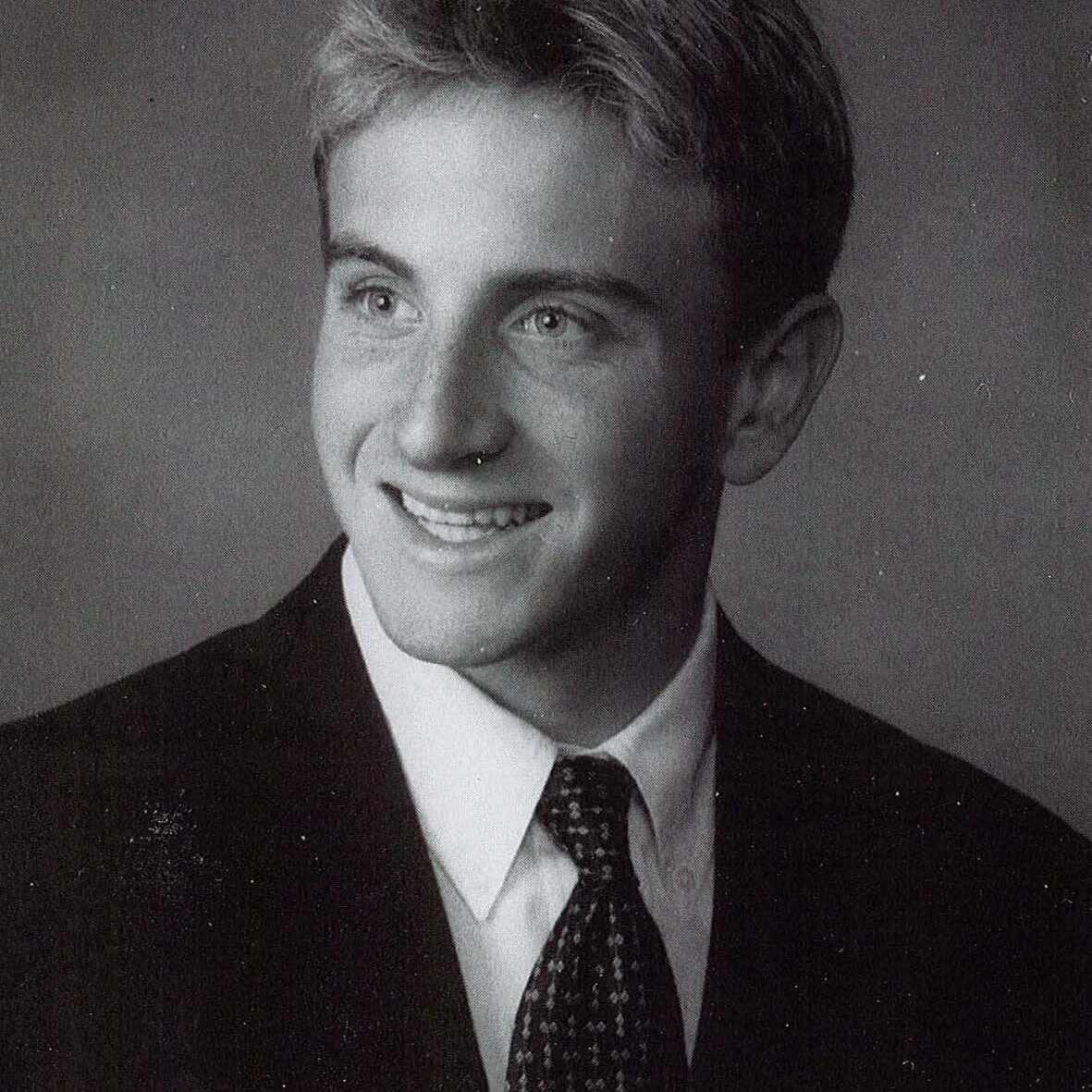
Jonathan Colman
Class of 2001
Attorney
JONATHAN COLMAN ‘01 PLANS FOR THE FUTURE
Jonathan Colman ‘01 is an attorney specializing in real estate planning, elder law, and estate and trust litigation.
Within that realm, there is a particular arm that focuses on helping people put their affairs in order, plan their estates, and get wills, trusts and powers of attorney in place, he explains.
In other words, “As life happens, people are prepared for what may come.” Colman grew up in St. Clair Shores and attended University Liggett School from sixth grade through high school.
Reflecting back on his days at ULS, two things stand out that he carried with him from his education throughout his career and personal life. The first was acquiring basic tools of knowledge and learning how to apply that knowledge creatively and analytically. The second was the confidence he gained in small classes where students were encouraged to participate and “be heard.”
“Teachers really got to know you and they encouraged you to participate and take an active role in your education,” he said. Another long-lasting benefit for Colman, who participated on the hockey, lacrosse, and golf teams, was the friendships he made. He remains in touch with many of those friends today.
Colman received a B.A. from the University of Michigan and a J.D. from Wayne State University Law School. He returned to St. Clair Shores during law school and moved to Grosse Pointe with his wife in 2015, shortly after they were married.
After law school, Colman focused on commercial and business litigation. Some of that work began to dry up in the years following the 2008 recession. A new opportunity opened up for him to work in trusts and estates at Barron, Rosenberg, Mayoras & Mayoras, where he discovered the concepts and principles he used in business and commercial litigation could be applied to trust and estate litigation.
An attorney and shareholder in the firm, Colman concentrates his practice in litigation with a focus on trust and estate disputes. He has significant experience representing fiduciaries as well as heirs, beneficiaries and other interested parties in complex probate proceedings throughout the state. Colman has been listed in Best Lawyers in America for Litigation, Trusts and Estates, honoring the top five percent of practicing attorneys in the United States.
He also has been selected as a Michigan Super Lawyers “Rising Star” by Super Lawyers Magazine and named a “Top Lawyer” by dbusiness Magazine.
Colman says his career allows a great work-life balance, which is important to him, while affording him the opportunity to work with a diverse group of clients, providing them with an essential benefit: preparing their financial futures.
“When you think about financial literacy, people think about how to pay their bills and start a checking account or a savings account or an investment account or understanding taxes,” Colman said. “But really, effective estate planning pays major dividends.”
There are four major components to this, in Colman’s view: a will, a trust, a healthcare power of attorney, and a financial power of attorney. These “cornerstone documents” allow a client to make informed decisions in anticipation of a time when they may not be able to make sound decisions on their own.
Colman said that the best time to arrange these documents — and prepare for the unknowns of the future — is precisely when you don’t want to consider these eventualities. However, such critical decisions impacting one’s family and estate are best made in advance and not during times of stress.
“Nobody likes to contemplate their mortality and wonder what happens when they’re not here anymore,” Colman said. “But it’s important to do because if you do nothing, then the law has a very strict set of guidelines for where your money and assets will go.”
Class of 2001
Attorney
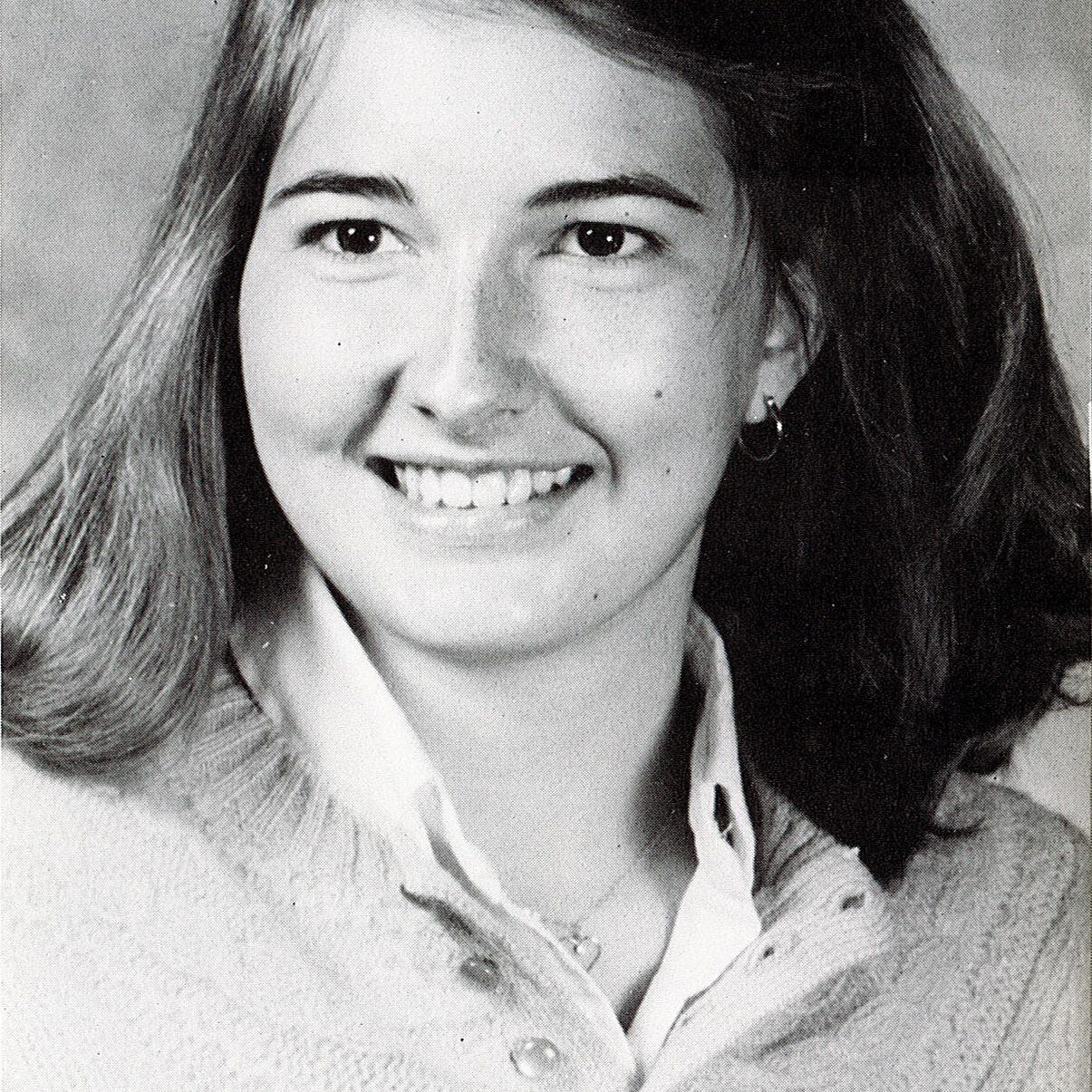
Mary Warren
Class of 1981
Financial Services
If Mary Warren ’81 had her say, financial literacy would be a required course in all schools.
As senior litigation counsel for the Consumer Financial Protection Bureau in Washington, D.C., Warren holds institutions accountable for their policies and practices. Her work with the agency also has given her insight into the importance of educating and empowering consumers to make better-informed financial decisions.
Warren wishes she had understood even fundamental financial practices when she got her first job after graduating from Harvard University in 1985.
“I had one of the best educations money can buy and I was very ignorant about the topic,” she said. “I didn’t know how to manage my credit cards. I didn’t understand that you should make the minimum payment on your credit card until my dad told me one day. I used the loan function (on my checking account) and didn’t understand I had to pay that back. I didn’t understand basic things.”
While she learned her lessons “the hard way,” she got her finances on track by the time she got out of law school and started her real career, she added.
Warren represents the fourth generation of her family to attend the University of Michigan Law School. After graduating in 1992, she began working as a litigation associate at the law firm of Shearman & Sterling in New York City. Her clients were banks and large corporations. She became a partner in the early 2000s, but in 2015, she changed course.
“I felt like I’d done the Wall Street lawyer thing and I really loved it, but I was getting tired of it for a number of reasons,” Warren said. “I thought, you only have one life.”
She left the practice and landed in Washington, D.C. at the Consumer Financial Protection Bureau (CFPB,) created by Congress and President Barack Obama after the financial crisis of 2008 to represent the interests of consumers in connection with financial products average people use in their day-to-day lives — bank accounts, credit cards, home mortgages, student loans, auto loans and payday loans.
“Why was this created after the financial crisis? It’s because regular people got hammered after the financial crisis, especially people who had mortgages, and all of a sudden, they had no equity anymore and were upside down on their mortgages,” Warren said.
Before the financial crisis hit, responsibility for enforcing laws about credit cards or bank accounts was distributed among a variety of agencies, such as the Federal Reserve Board, the Federal Trade Commission, what used to be the Federal Home Finance Agency and the FDIC, among others.
This wasn’t these agencies’ primary purpose, however. Consumers also don’t understand the penalties involved for missing payments or “how many entities there are out there who are just trying to make a fast buck on consumers,”
Warren said. “Whole industries spring up around distressed consumers to try to make money on them to supposedly fix their problems.”
Her advice to consumers is to ask lots of questions and not stop with the first answer. She also recommends staying on top of bank accounts and credit cards and knowing what financial institutions are charging and why.
“If you have debt, your primary goal in life should be to get out of that debt,” she said. “… If you do have debt that’s going to take a long time to pay off, be on top of what interest is being charged and what the basis of it is and call either your lender or your servicer regularly.
“If you’re asking for a forbearance on your loan, you should know exactly what that means,” she continued. “Does that mean that the interest accumulates and it capitalizes on your loan balance? Or are they going to give you a deferment, which is different from forbearance and means the interest doesn’t accrue? You’ve got to ask about those things and understand them and take notes.”
While Warren admits, she didn’t learn about financial literacy while a student at ULS, she received “a fantastic education” in every other respect. Her Liggett years also inspired her love of languages, particularly Latin.
Latin was required in sixth grade when she was a student, but she opted to continue through 12th grade. While still in high school, she attended summer school at Harvard and studied ancient Greek. She majored in classics at Harvard and credits her teacher, Elizabeth Ferguson, for sparking this passion.
Other highlights were her English classes and playing field hockey with longtime ULS athletic director Muriel Brock as her coach.
As a Liggett “lifer,” Warren said she has many fond memories from her ULS days. If she could give one thing in return, it would be to equip future generations of graduates with financial literacy as one more tool for long-term success.
“The Federal Reserve Board oversees the entire economy,” Warren said. “They are not going to put whether a bank is charging too high of a debit fee on your bank account at the top of their priority list. The same was true of these other agencies; they all had other missions. Consequently, almost nobody was paying attention to whether lenders were complying with these laws or whether they were basically ripping consumers off or whether, when the financial crisis hit, they were unfairly enforcing their own rules against consumers when the consumers might have had a legitimate reason not to be penalized.”
Once the bureau was created in 2011, Congress transferred jurisdiction of all these laws to the CFPB. As an enforcement officer, Warren splits her time between investigations and litigation.
“If we do either settle or win a judgment, those funds go into what’s called a Consumer Penalty Fund,” she said. “We don’t keep any money; we distribute it to the harmed consumers.
Since its founding, the bureau has returned about $12 or $13 billion to consumers.”
The bureau's consumer response arm analyzes the complaints, identifies trouble spots, manages a database of complaints, helps with individual response, and provides financial literacy for consumers, encouraging them to become knowledgeable about the products they’re using. It also has developed a curriculum for schools.
Supervision is responsible for identifying violations within large institutions. When violations are identified, the agency seeks to cure them without litigation and implement better practices. However, sometimes those violations end up in enforcement or litigation.
Warren added that a rule-making part of the agency proposes rules to govern these financial products.
“We have a whole bunch of PhDs who study the markets so that ideally the rules that my agency proposes and implements won’t have unintended consequences on the markets. You’re always walking a line. If you propose a new rule or law, no one has a crystal ball as to exactly how it’s going to play out, but we have this whole team of brilliant people to make sure it plays out in a good way.”
A common refrain in Warren’s work is that consumers’ lives can be damaged if they don’t understand what they’re getting into. This includes student loan debt.
Class of 1981
Financial Services
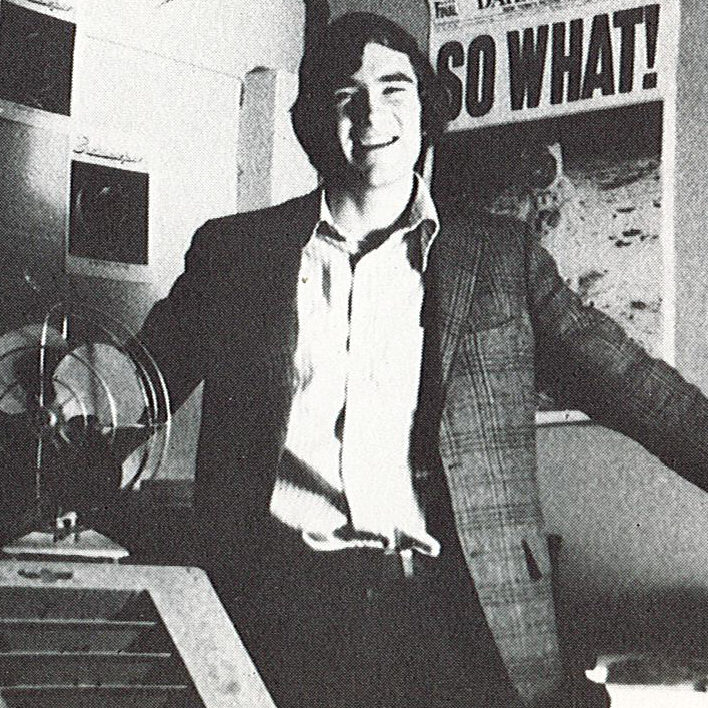
Eric Fornell
Class of 1974
Financial Services
Eric Fornell ‘74 has enjoyed a distinguished career in the financial sector, including stints with Goldman Sachs, JPMorgan Chase and, most recently, Wells Fargo.
As vice chairman in the energy and power sector in New York, Fornell is responsible for providing strategic advice to clients within the energy and utility industries.
He also expanded the firm’s investment banking business into Canada, leading the recruitment of banking teams in Calgary and Toronto.
Fornell grew up on the northeast side of Detroit and attended University Liggett School for high school, graduating in 1974. While at ULS, he served as editor of the newspaper and participated on the soccer, baseball and track teams.
A graduate of Amherst College, where he majored in economics and English, Fornell was a Rhodes Scholar, a distinction awarded to only 32 students across the country each year, and studied philosophy, economics and politics at the University of Oxford in the United Kingdom.
Despite these accomplishments, Fornell is most proud of his work on the board of Community Solutions, a nonprofit focused on ending homelessness in the United States. The company’s large-scale change initiatives include the 100,000 Homes and Built for Zero campaigns to end chronic and veteran homelessness and neighborhood partnerships that bring together local residents and institutions to change the conditions that produce homelessness.
A classmate at Amherst, Community Solutions board co-chair Ken Banta, first introduced Fornell to the organization and suggested he get reacquainted with founder Roseanne Haggerty, another Amherst graduate who serves as the organization’s president and CEO. Haggerty previously founded Common Ground Community, a pioneer in designing and developing supportive housing and research-based practices that end homelessness.
“We’re active in 80 different communities,” Fornell said. “And we have helped 14 communities get to what we think of as functional zero, which is a state where if someone shows up as homeless within 30 days, that person is put into housing.
“We are very focused on trying to reach a tipping point where society recognizes that homelessness is a situation that can be solved,” he added. “And not only that, that it should be solved and public officials who aren’t solving the problem need to be held accountable for it.”
While ULS prepared Fornell to excel in post-graduate studies, propelling him into a lucrative career, what Fornell values most is the opportunity to contribute meaningfully to society.
Giving back and “trying to do the right thing for others” is something ULS fosters in its students, he said. When his career returned him to Detroit for a period of time, Fornell did his part to give back to the school, serving on ULS’s Board of Trustees from 1987 - 1992.
Class of 1974
Financial Services
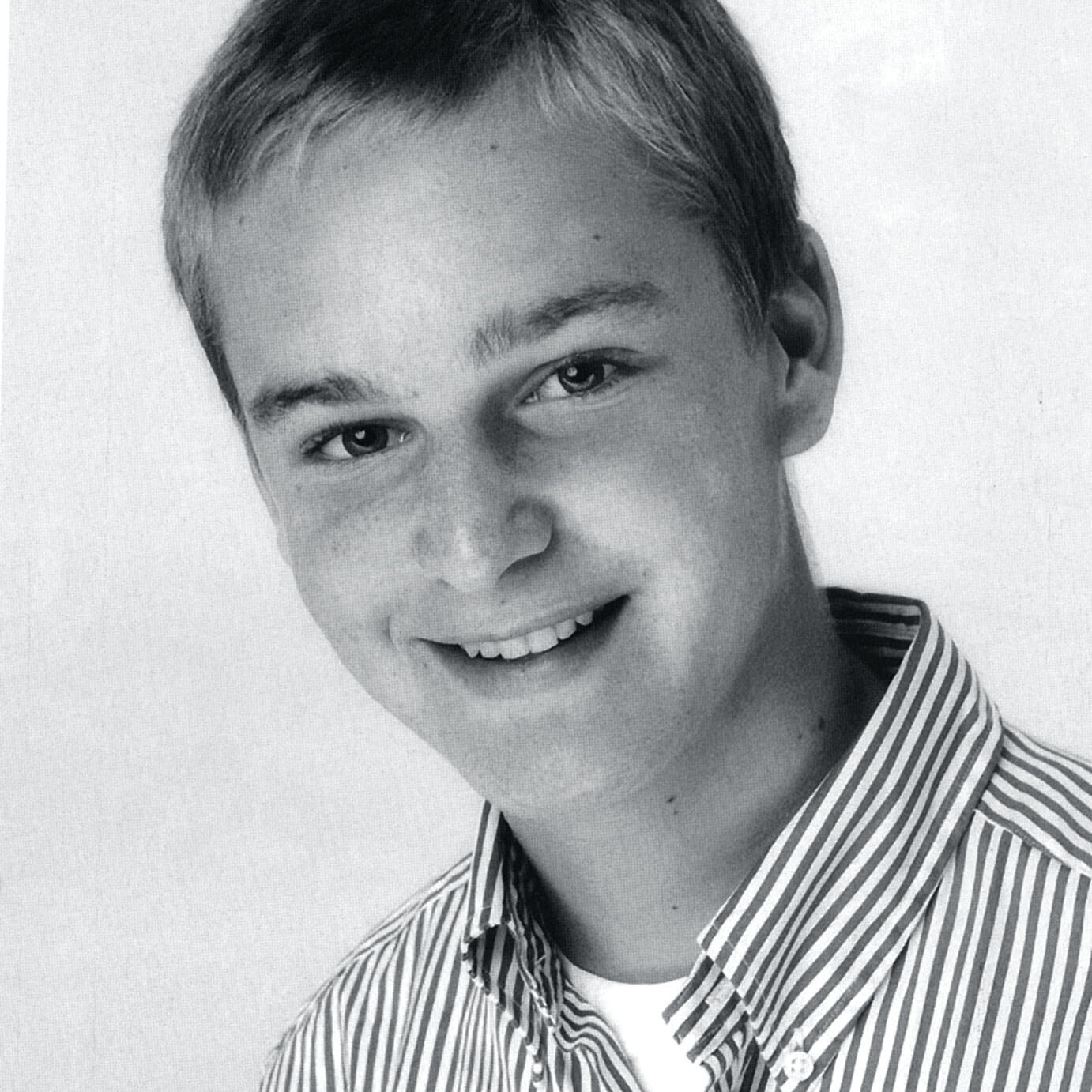
Drew Dettlinger
Class of 2011
Middle School Teacher
Drew Dettlinger ’11 arrived for his freshman year at the University of Michigan unsure what career he would pursue.
“I majored in history and psychology, and after graduation, I started a career in business and finance,” explained Drew. “It wasn’t the right fit for me, and teaching had always been in the back of my mind. I thought back to how much I’d enjoyed the years I’d spent working at Liggett’s Day Camp and decided to make the switch.”
After receiving his master’s in education from Wayne State University, Drew began teaching at the middle school level. He currently teaches seventh- and eighth-grade social studies in the Grosse Pointe Public School System.
Drew’s decision to enter the teaching field was heavily influenced by the fact he had spent his life surrounded by some amazing teachers at ULS — including his parents, Peggy and Pete Dettlinger. After many years as a first and second-grade teacher, Peggy is currently Head of Lower School while Pete taught social studies for the Grosse Pointe Public School System before becoming a physical education teacher in the Middle School.
“My teachers and both of my parents really modeled what great teachers look like,” said Drew. “I remember them going out of their way to help students learn and that had a huge impact on me and has helped inform who I am as a teacher.”
Now that he is a teacher, Drew has enjoyed how relationships with some of his former teachers have transformed. After having David Dwaihy and Andy Knote as Upper School teachers, Drew now works closely with them on the boys’ soccer coaching staff. Dean of Curriculum and Assessment Adam Hellebuyck was Drew’s advisory teacher and has become a mentor in recent years.
Class of 2011
Middle School Teacher
Alumni! Help us share more of your stories with the world.
2021, University Liggett School.
All Rights Reserved.
University Liggett School is a private preschool and kindergarten through 12th grade college preparatory school in Metro Detroit that is nationally recognized for its innovative curriculum and arts and athletics offerings.
1045 Cook Road,
Grosse Pointe Woods, Mi 48236
313-884-4444
313-884-1775
2021, University Liggett School. All Rights Reserved.
University Liggett School is a private preschool and kindergarten through 12th grade college preparatory school in Metro Detroit that is nationally recognized for its innovative curriculum and arts and athletics offerings.
